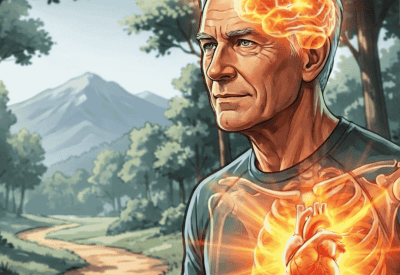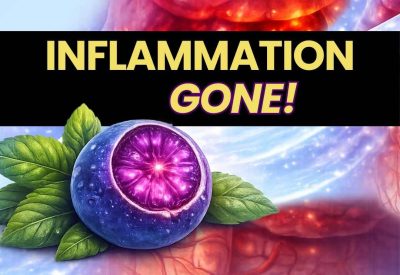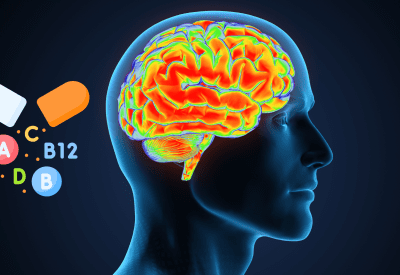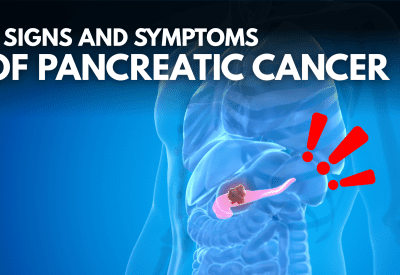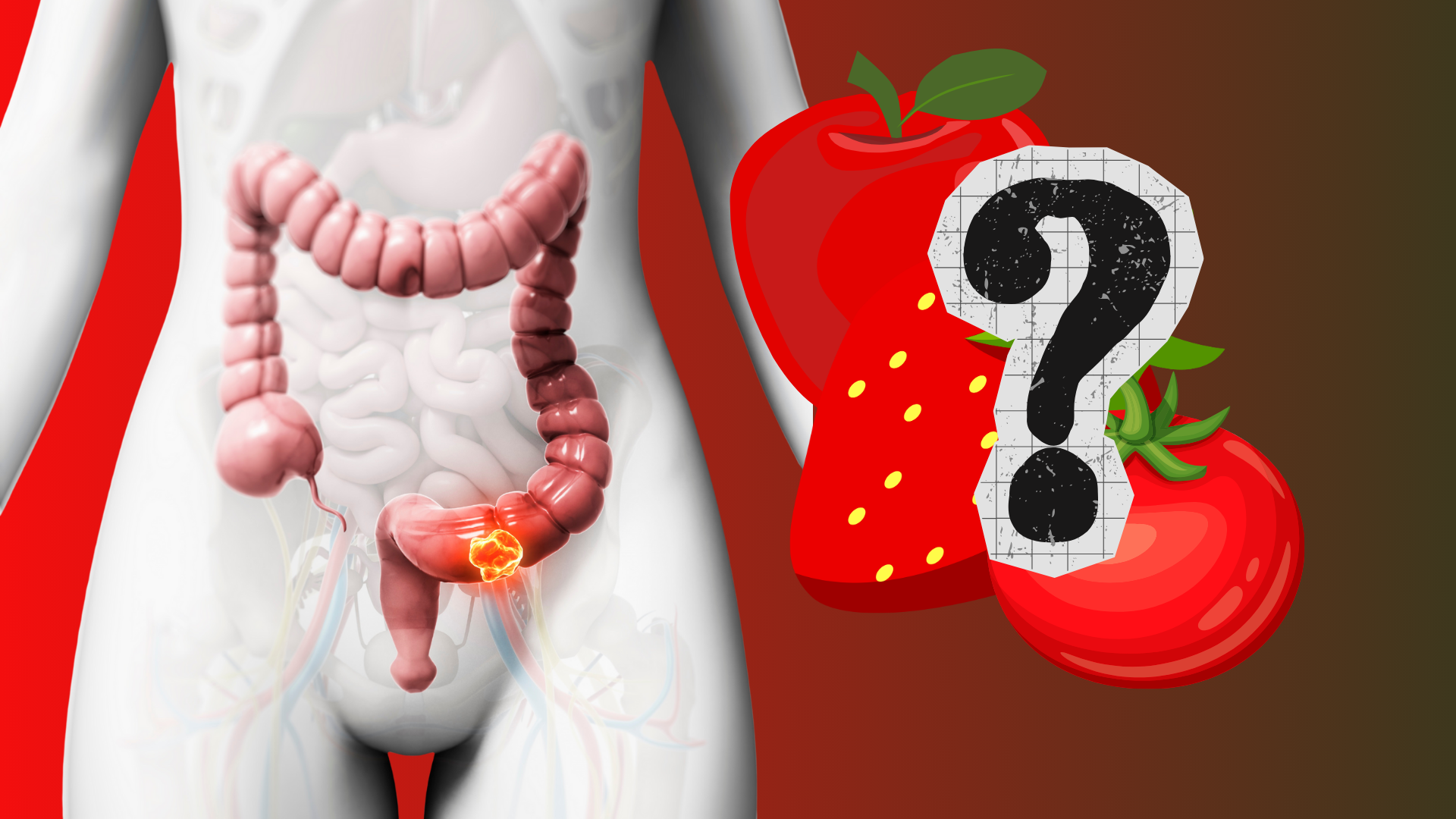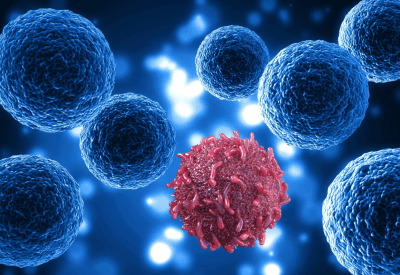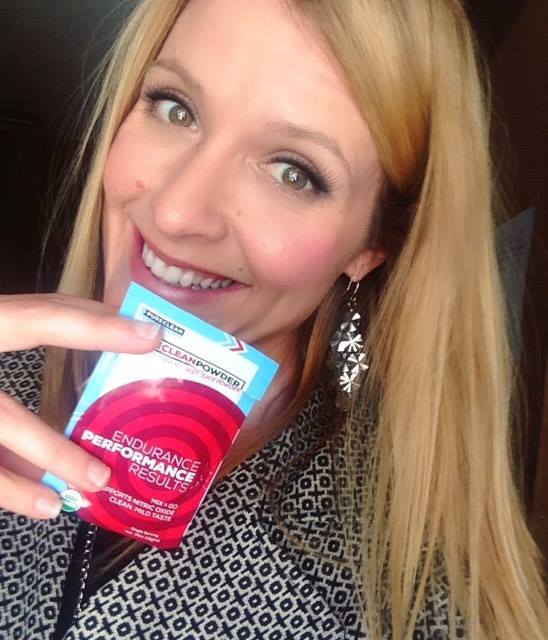When you hear the word “exercise,” what immediately comes to mind? For many, it’s a daunting image: intense gym sessions, running until you’re breathless, or sweat-soaked workouts. These visions can often feel overwhelming, leading us to shut down before we…
Remember those quiet moments when your parents or grandparents would unwind with a foot soak after a long day? A simple basin, warm water, and a towel nearby. It might seem like a quaint, old-fashioned ritual, but there’s a profound…
Inflammation is at the root of many health problems — joint pain, stiffness, fatigue, brain fog, digestive trouble, and even chronic disease.While inflammation is part of the body’s natural defense system, long-term inflammation quietly damages tissues over time. Doctors often…
Bladder cancer isn’t something most people think about at the dinner table. But the truth is, what we eat—or drink—can quietly influence our risk over time. Certain foods and chemicals put extra pressure on the bladder, which is responsible for…
Ever walk into a room and forget why you went in there? Or sit at your desk and feel like your brain just isn’t waking up? That fuzzy, sluggish feeling we call “brain fog” can sneak up on anyone—and it…
Have you ever looked in the mirror and stuck your tongue out—not to be silly, but to check on your health? Believe it or not, your tongue can offer important clues about what’s going on inside your body. From vitamin…
What would happen if you didn’t sleep? We all know sleep is important, but what would actually happen if you just stopped sleeping? Let’s talk about what really goes on in your body and brain when you miss a night……
Pancreatic cancer is often called a “silent killer” because it tends to hide in the early stages. By the time symptoms show up, it’s sometimes already advanced. But that doesn’t mean there aren’t warning signs—it just means we need to…
Ever feel bloated, backed up, or just “off” in your gut? Your colon might be crying out for help. You don’t need harsh cleanses. Nature already gave us some amazing red foods that can help flush things out, support digestion,…
Cancer has always been one of medicine’s biggest puzzles. Unlike infections caused by a single germ, cancer doesn’t come from just one trigger — it can start in many different ways. That’s why there’s no single “cure.”
